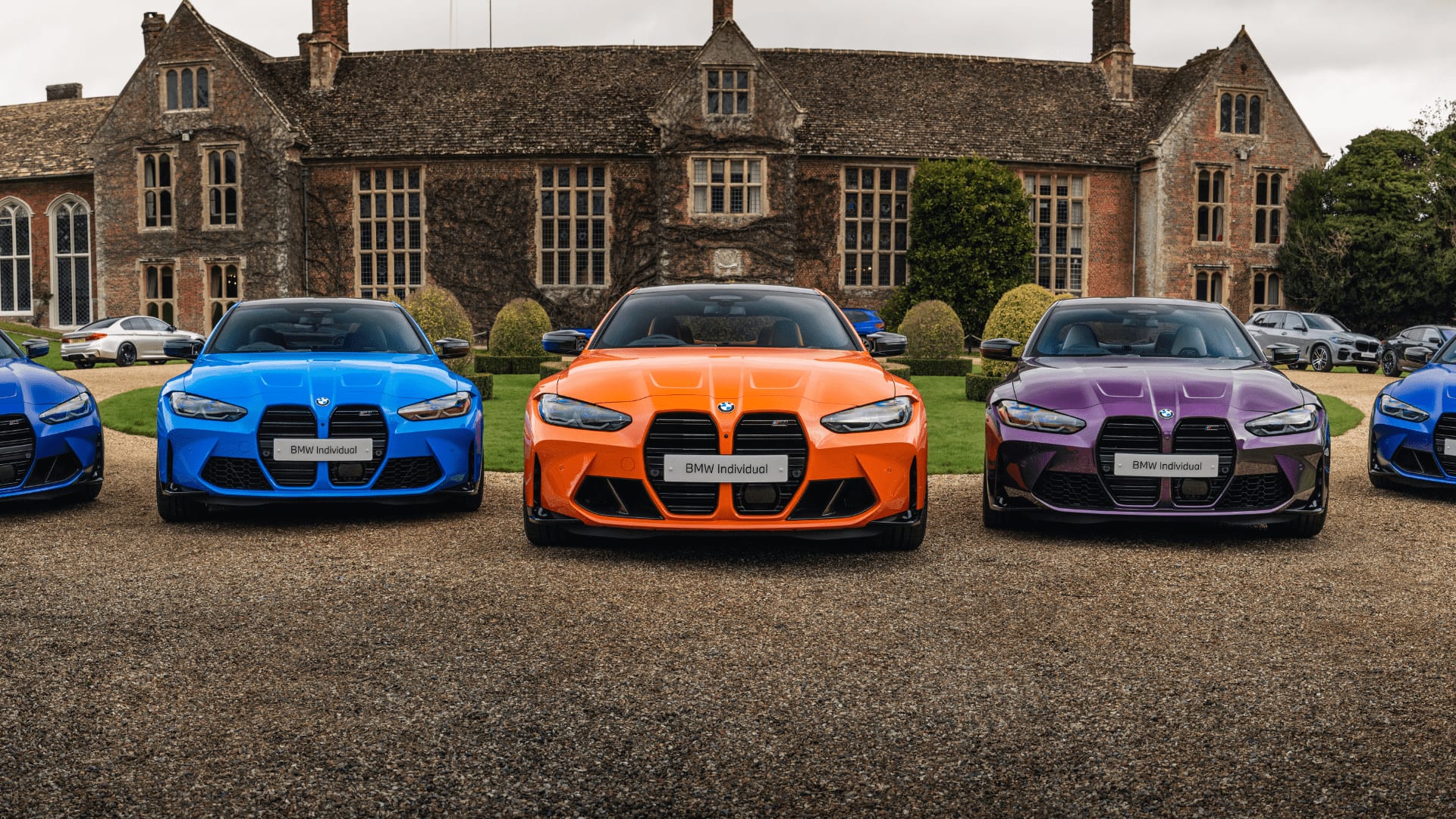
BMW remains world's top-selling luxury car brand in 2024
What's the story
BMW has managed to retain the title of the world's largest luxury car maker in 2024, albeit with a minor decline in sales. The Munich-based automaker delivered a total of 2,200,177 cars last year, a decline of 2.3% over the previous year. The number beats that of its nearest rivals Mercedes and Audi, both of whom saw a sharper decline in sales during the period.
Market competition
Mercedes and Audi trail behind in luxury car sales
Mercedes, BMW's main rival, had to be content with second place with 1,983,400 units sold in 2024. This was a 3% decline from the last year. Audi also saw a major decline in sales by 11.8%, selling just 1,671,218 cars over the previous year. These numbers emphasize BMW's resilience in holding on to its market lead despite the overall industry challenges.
Sales impact
BMW's sales projections and delivery delays
Initially, BMW had projected to end 2024 with slightly higher deliveries than in 2023 when it set a sales record. However, due to an issue with a faulty integrated braking system (IBS) affecting over 1.5 million cars, the company was forced to postpone deliveries of some vehicles. This technical setback necessitated "technical actions" for cars already delivered to customers, potentially impacting the final sales figures for the year.
Provisional numbers
BMW's sales figures subject to confirmation
It is worth noting that the sales figures released by BMW are provisional and could be revised later this year with the publication of the BMW Group Report 2024. The data does not include vehicles delivered by MINI or Rolls-Royce, both part of the BMW Group, which saw their own sales decrease by 17.1% and 5.3%, respectively.
EV performance
BMW's electric vehicle sales show promising growth
Despite not going all-in on EVs, BMW witnessed a 11.6% growth in deliveries of its zero-emission models in 2024. Out of the total cars sold last year, 368,523 didn't have a combustion engine. This means electric vehicles made up for nearly one-sixth (16.75%) of all BMW shipments last year, marking a promising shift toward more sustainable transportation options in the luxury car segment.